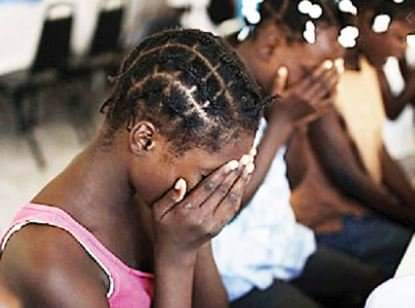
STAKEHOLDERS have suggested ways to attain a clean and safe menstrual experience for women and girls in the country.
They said promoting a healthy menstrual hygiene culture requires collaboration between governments, non-governmental organisations (NGO), individuals and the private sector.
They spoke on May 28 during an international webinar in commemoration of the annual World Menstrual Hygiene Day which falls on that date.
The webinar was hosted by Impact Her World, a Lagos-based NGO with interest in the promotion of the sexual and health rights of the girl child.
Its Executive Director/Founder Nkechika Ibe said the event was “a call to action towards demystifying the myths, taboos, stigma and breaking the barriers of information that undermine the general wellbeing of women and girls before, during and after their periods.”
Mrs Ibe canvassed the “the need to promote menstrual hygiene in the face of Covid -19,” adding that “although menstruation is a natural part of every female and an aspect of a reproductive cycle, most women and girls, face several levels of limitations in carrying out their different menstrual hygiene activities.”
A beauty queen and founder of MUG foundation, Queen Mercy Ndubuisi said during her visits to various Internally Displaced Persons (IDP) camps in the Northeast, she noticed that menstruation was a big challenge for girls there because of a lack of space.
“These girls do not have access to sanitary towels, as some use pieces of rags/cloths and tissue paper while some do not use anything at all but let it flow,” Ndubuisi added.
For promoting menstrual Hygiene management, Executive Director of Additional Plus Sports and Education Initiative, Dr. Mrs. Olwaseun Nariwoh urged various levels of government to come up with publicity plans and enlightenment programmes.
Also speaking, president Healthy Thinking International, Mrs. Tove Karlsson, said for girls to have a wonderful menstrual experience, they need to have access to sanitary towels and educated on the menstrual pains.
She emphasized that young girls need adequate education on what is happening to their body during menstruation, adding that men need education on menstrual issues too.













